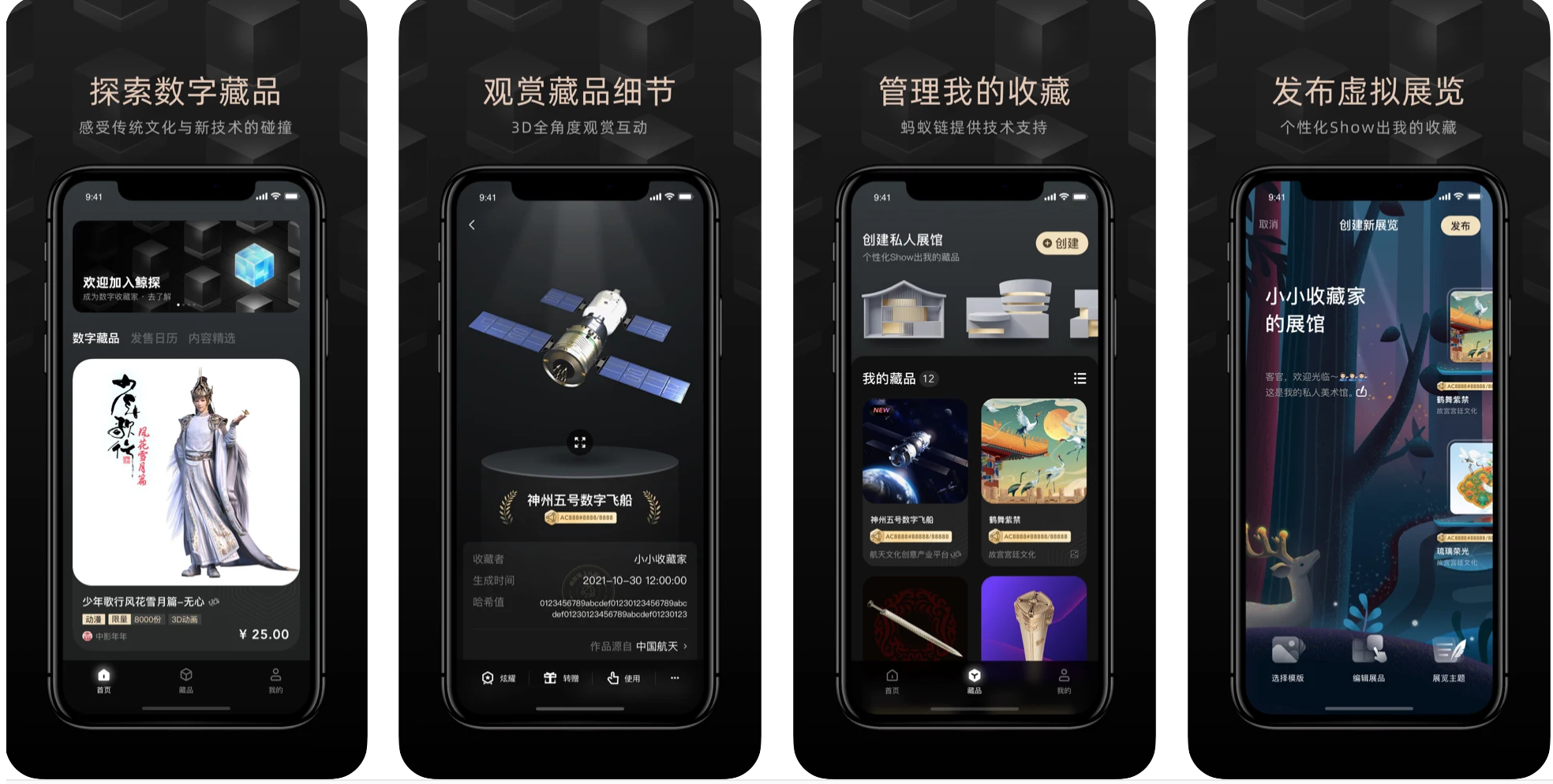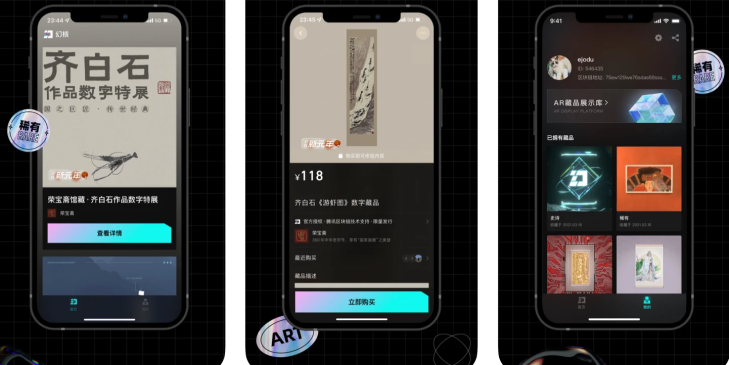In mid-April, a group of industry associations in China issued a warning against the potential financial risks of non-fungible tokens, digital assets that represent real-world objects or intangible goods like a song. NFTs must not be traded with cryptocurrencies, said the country’s banking, internet finance, and securities associations, and they must not be used to create securitized products.
Though the industry associations don’t have regulatory power they still exert an influence on and are taken seriously by policymakers. Many in the crypto industry see the pronouncement as a death knell for NFTs’ development in China. Curiously, though, China’s tech giants are showing a growing interest — or some would say, FOMO — in the space.
Since crypto trading is banned in China, NFTs exist in a constrained way in the country. Rather than NFTs, tech companies call them “digital collectibles” to distance their initiatives from the financial and speculative nature of many NFTs, stressing the technology’s function in proving ownership and authenticity. As such, many of the objects being minted in China are artworks like an ancient Chinese Buddhist statue or an object conveying historic or cultural significance, like a famous Chinese spaceship.
As the financial associations said in the statement, the value of NFTs lay in their potential to promote the growth of the creative and cultural industry.
Unlike NFTs that are minted on Ethereum or other public chains and traded with crypto on open marketplaces, digital collectibles issued in China are minted on permissioned blockchains managed by local tech giants and often sold on these companies’ own channels. Users would first have to verify their real identities on these platforms before buying the collectibles using China’s fiat currency yuan and are prohibited from reselling the works on secondary markets.
Regulations mean that digital collectibles in China are separate from the global NFT market and are extremely illiquid. Some of the platforms let owners give away their assets, but only for free and after a few months of the purchase.
Still, Chinese tech giants have rushed to release digital collectibles and some have even ventured beyond the border to sell NFTs overseas. Below we have summarized some of the major players in the space to date:
- Whale Talk (鲸探) is the flagship digital collectible service created by Ant Group, Alibaba’s fintech affiliate, in mid-2021. The artworks are minted on AntChaina distributed ledger that needs permission to join (also called a consortium/alliance chain) and is jointly managed by Ant and its institutional partners.

Screenshots of the Whaletalk app
- In April, Alibaba’s food delivery service Ele.me introduced a digital collectible service on its app, which is an all-encompassing platform for Chinese users to order on-demand services, and now, buy food-themed digital collectibles as well.
- Last August, Tencent launched Magic Core (幻核) on Zhixin Chain, a consortium chain built by Tencent and its partners. The most notable use case of Zhixin Chain has been to replace physical ink seals, or corporate stamps to authenticate documents, using blockchain.
- Online retail giant JD.com unveiled its own Lingxi (灵稀) platform that runs on Zhizhen Chaina consortium chain it operates, in December.
- Baidu, the country’s search engine and autonomous driving giant, released a Space Day-themed collection on its Xuperchain consortium in April.
going abroad
Some Chinese tech giants have taken their NFT ambitions overseas — or at least are indicating a strong interest.
- This week, Bilibili, a popular user-generated video streaming site in China, said it’s releasing a collection of 10,000 unique profile pictures through its third-party partner CryptoNattya company that was recently incorporated in Singapore. The company has “licensed” its intellectual property to CryptoNatty, which will be minting the illustration avatars on Ethereum. It’s unclear how the two parties are sharing revenues or who the target audience is, given most of Bilibili’s users are in China. We’ve reached out to Bilibili for more details.
- This week, Huawei tweeted about the Caked Ape collection, sending the NFT’s floor price soaring. The vaguely worded tweet doesn’t indicate what connection the Chinese telecoms behemoth has with Caked Apes.
- TikTok, the ByteDance-owned short video giant, distributed its first NFT collection on Ethereum in October featuring Detroit rapper Curtis Roach. The company’s endeavor has been described as “underdelivering” as it reportedly didn’t fulfill its promises to work with renowned artists like Lil Nas X and Grimes.
- Cai Wensheng, the founder of the Chinese selfie app Meitu, is probably the biggest crypto bull in China’s tech industry. Not only was he an early investor in bitcoins, but he also made the decision for Meitu to own up to $100 million worth of cryptocurrency. Meitu bought the first tranche of bitcoins and ethers for a total of $40 million in March 2021.
